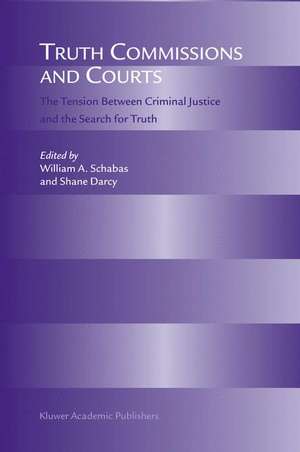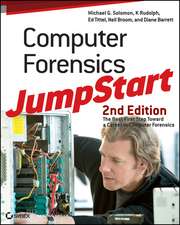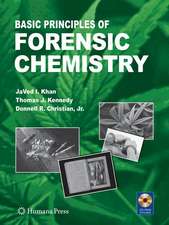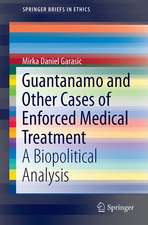Truth Commissions and Courts: The Tension Between Criminal Justice and the Search for Truth
Editat de William a. Schabas, Shane Darcyen Limba Engleză Hardback – 18 feb 2005
| Toate formatele și edițiile | Preț | Express |
|---|---|---|
| Paperback (1) | 639.59 lei 6-8 săpt. | |
| SPRINGER NETHERLANDS – dec 2010 | 639.59 lei 6-8 săpt. | |
| Hardback (1) | 646.11 lei 6-8 săpt. | |
| SPRINGER NETHERLANDS – 18 feb 2005 | 646.11 lei 6-8 săpt. |
Preț: 646.11 lei
Preț vechi: 760.13 lei
-15% Nou
Puncte Express: 969
Preț estimativ în valută:
123.63€ • 129.43$ • 102.30£
123.63€ • 129.43$ • 102.30£
Carte tipărită la comandă
Livrare economică 05-19 aprilie
Preluare comenzi: 021 569.72.76
Specificații
ISBN-13: 9781402032233
ISBN-10: 1402032234
Pagini: 272
Ilustrații: VI, 272 p.
Dimensiuni: 210 x 297 x 22 mm
Greutate: 0.58 kg
Ediția:2004
Editura: SPRINGER NETHERLANDS
Colecția Springer
Locul publicării:Dordrecht, Netherlands
ISBN-10: 1402032234
Pagini: 272
Ilustrații: VI, 272 p.
Dimensiuni: 210 x 297 x 22 mm
Greutate: 0.58 kg
Ediția:2004
Editura: SPRINGER NETHERLANDS
Colecția Springer
Locul publicării:Dordrecht, Netherlands
Public țintă
ResearchCuprins
A Synergistic Relationship: The Sierra Leone Truth and Reconciliation Commission and the Special Court for Sierra Leone.- The Contribution of the Peruvian Truth and Reconciliation Commission to Prosecutions.- The Inter-Relationship Between the Guatemalan Commission for Historical Clarification and the Search for Justice in National Courts.- The Salvadoran Truth Commission and the Search for Justice.- An Overview of Ghana's National Reconciliation Commission and its Relationship with the Courts.- Justice and Reconciliation in East Timor. The Relationship Between the Commission for Reception, Truth and Reconciliation and the Courts.- Initial Truth Establishment by Transitional Bodies and the Fight Against Denial.- Whose Truth? Objective Truth and a Challenge for History.- Truth, Law and Official Denial: The Case of Bloody Sunday.
Notă biografică
William A. Schabas is Professor of Human Rights Law at the National University of Ireland, Galway and Director of the Irish Centre for Human Rights. His numerous publications include Genocide in International Law (2000), The Abolition of the Death Penalty in International Law (third edition, 2003) and An Introduction to the International Criminal Court (second edition, 2004). He served as an international commissioner on the Sierra Leone Truth and Reconciliation Commission.
Shane Darcy is a research associate at the Irish Centre for Human Rights at the National University of Ireland, Galway, from where he holds an LL.M in International Human Rights Law. He is the author of several journal articles and is currently Managing Editor of Criminal Law Forum.
Shane Darcy is a research associate at the Irish Centre for Human Rights at the National University of Ireland, Galway, from where he holds an LL.M in International Human Rights Law. He is the author of several journal articles and is currently Managing Editor of Criminal Law Forum.
Caracteristici
Explores the tension between the work of truth commissions and criminal courts in addressing serious human rights abuses in post-conflict situations Presents country examples such as Guatemala, East Timor, Peru, Sierra Leone and Northern Ireland









